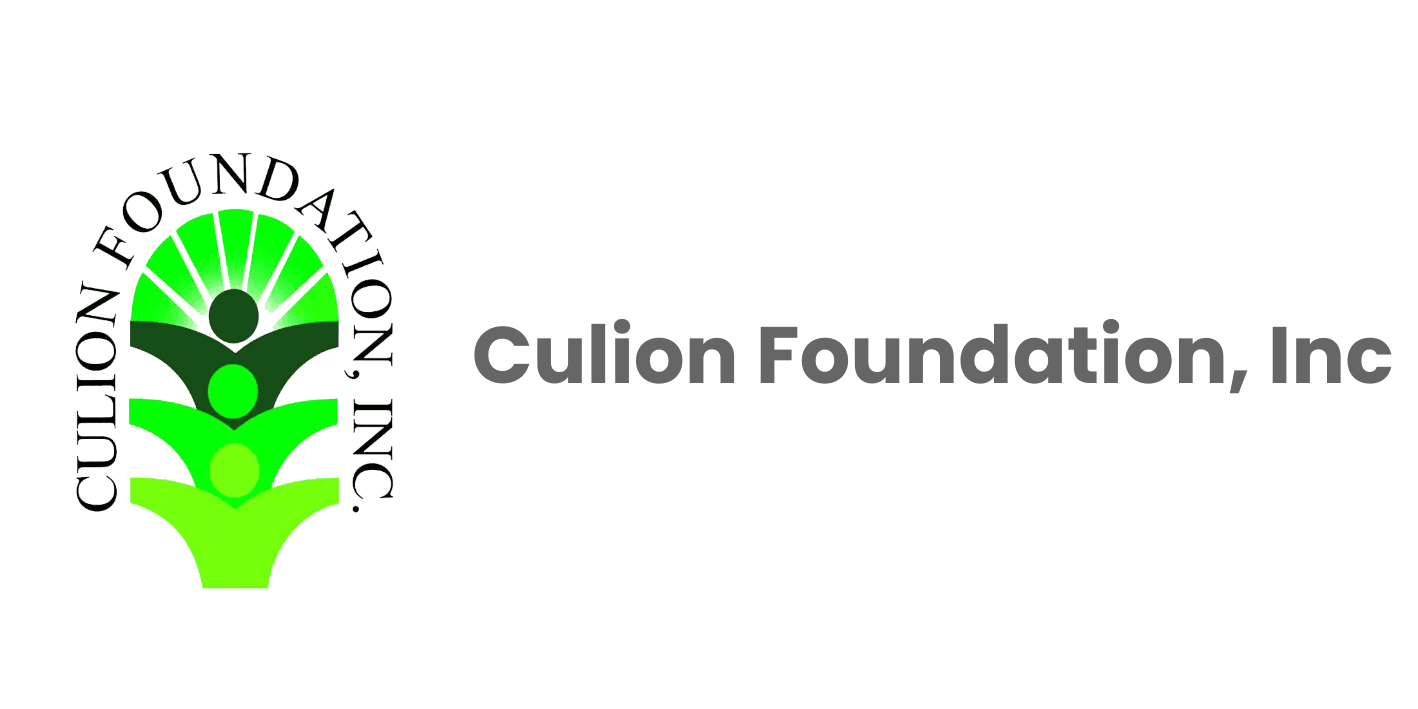Building a Healthier, More Empowered Community
The Culion Foundation, Inc., a non-stock nonprofit, transforms lives across the Philippines by connecting communities to essential healthcare, protecting natural resources, and unlocking local potential.
When you support our work, you're ensuring that distance and poverty no longer determine who receives quality healthcare, clean environments, or pathways to prosperity. Together, we're building healthier, more resilient communities where every Filipino can thrive.

Vision, Mission, & Goal
Vision
A leading social development organization for a better quality of life for Filipinos who enjoy the highest level of human development
Mission
CFI is a social development organization committed to empowering vulnerable Filipinos through cutting-edge and sustainable programs in health and wellness, economic improvement, environment, education, food security, and gender equity.
Goal
Improve human development outcomes through integrated health, education, livelihood, and environmental programs in vulnerable island communities.
Our Core Values
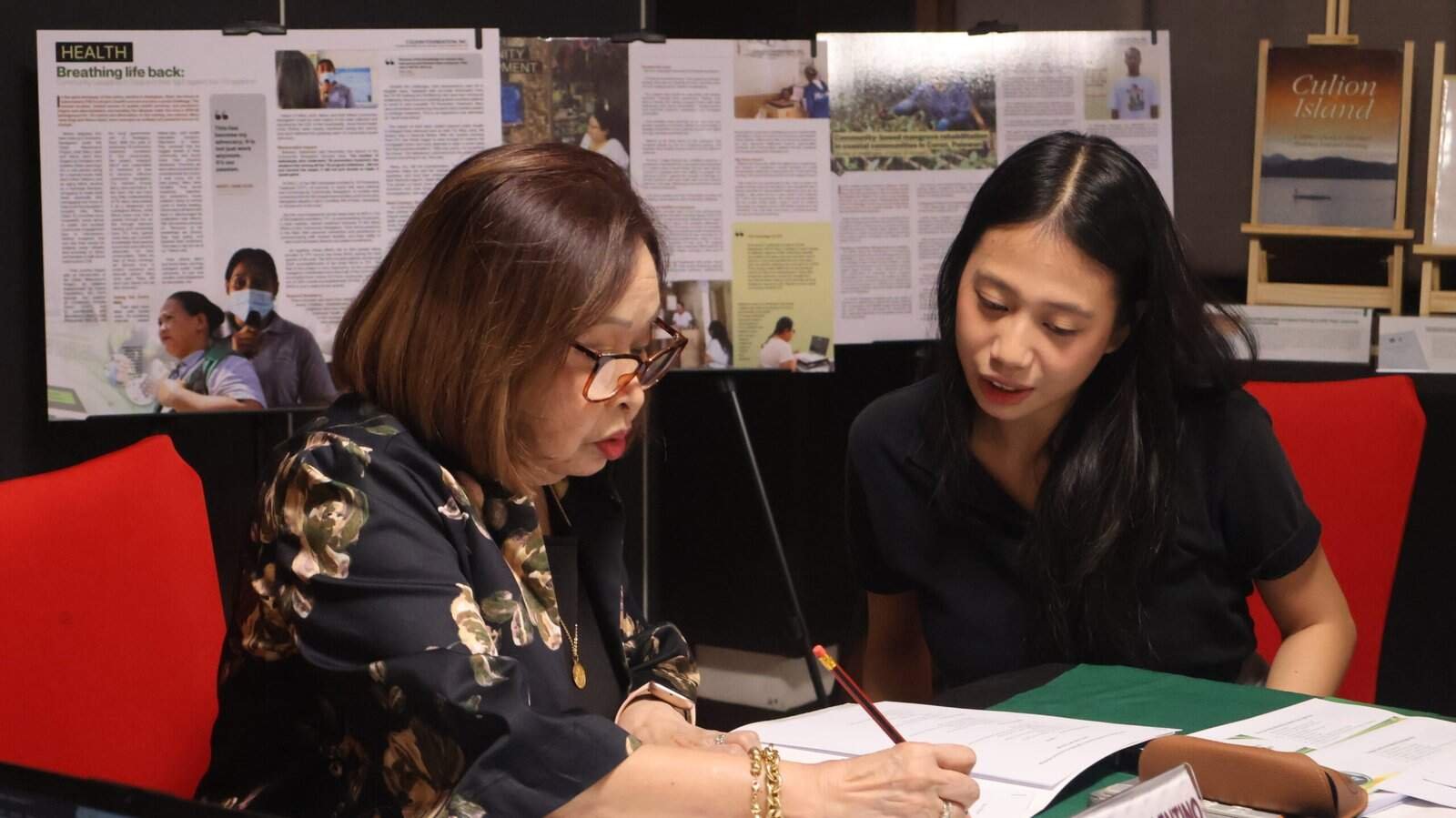
Accountability
Taking full responsibility for our actions and commitments to the communities we serve, ensuring transparency in everything we do.
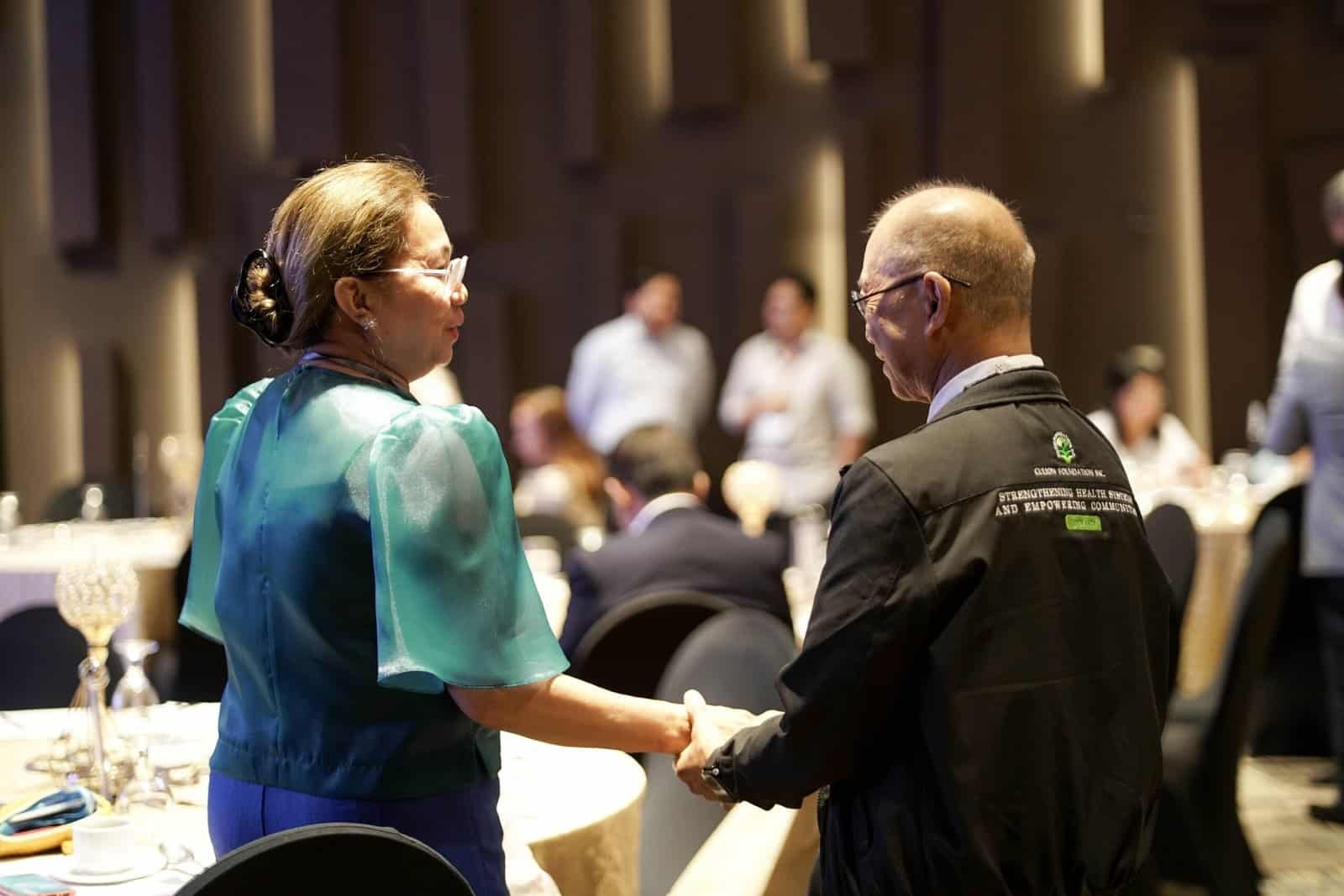
Trust
Building transparent relationships founded on integrity and mutual respect, creating lasting bonds with our partners and communities.
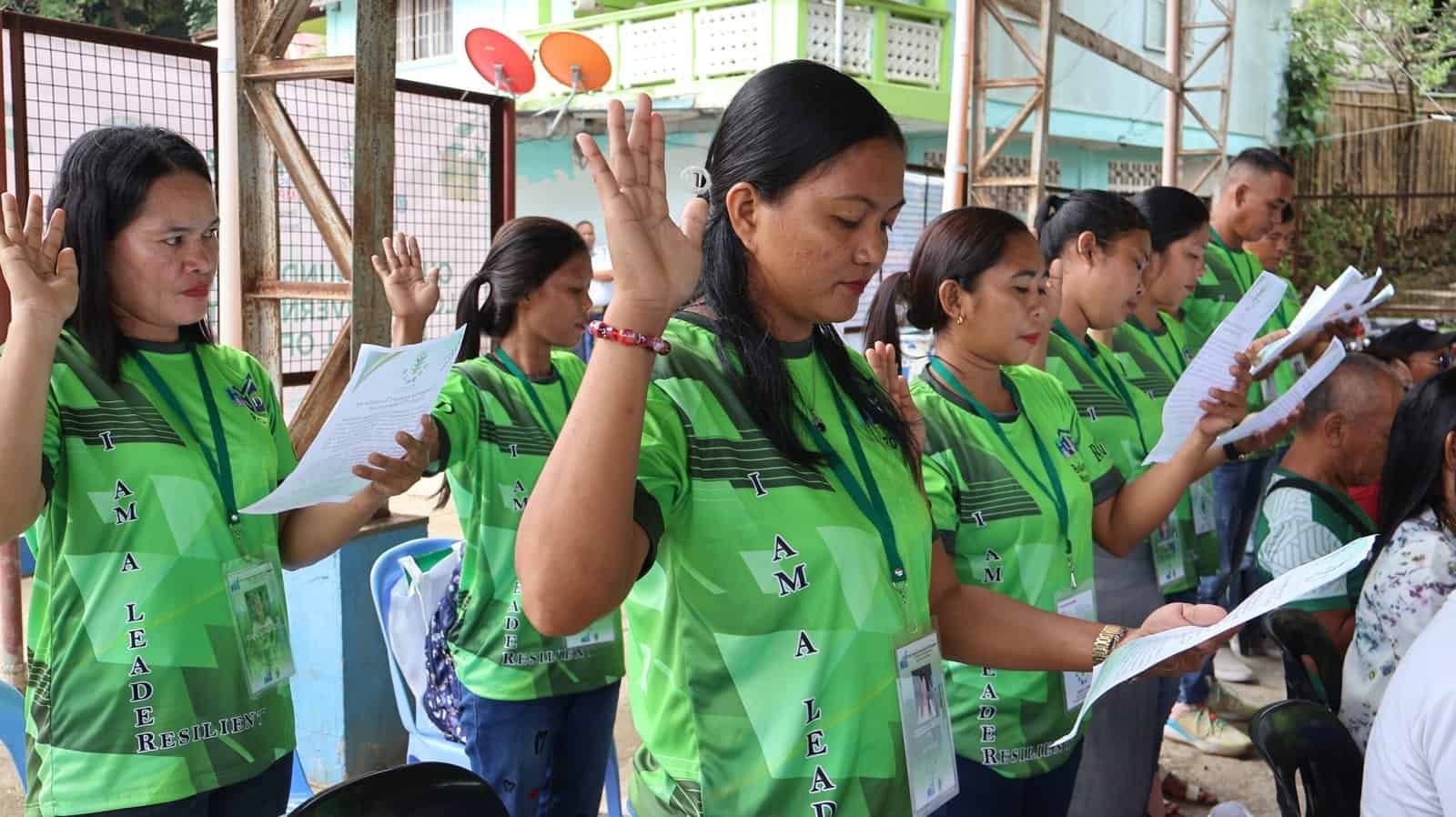
Loyalty
Staying committed to our mission and the people who depend on us, standing firm through challenges and celebrating successes together.
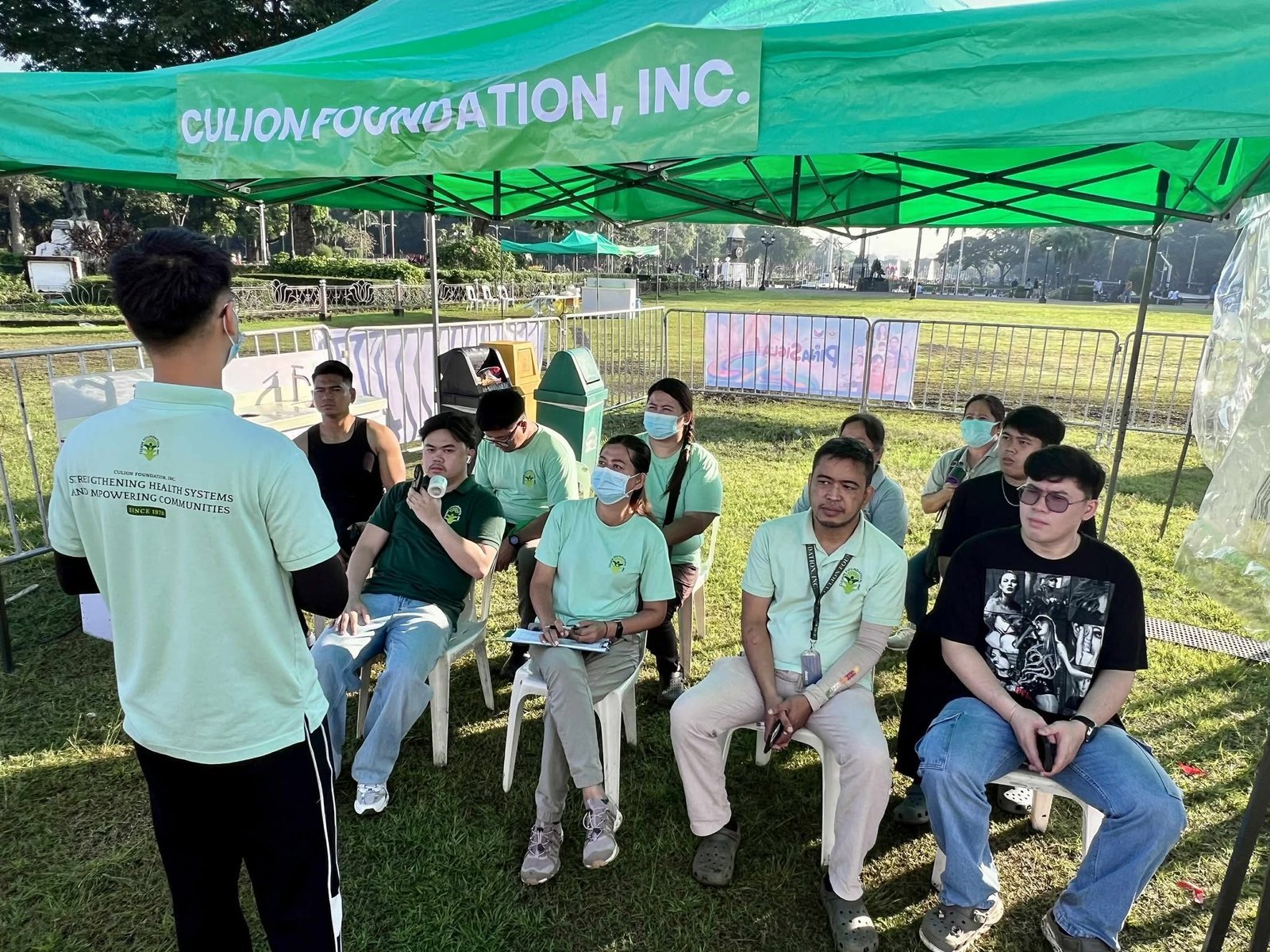
Teamwork
Collaborating effectively to achieve greater impact together, leveraging diverse strengths and perspectives for collective success.
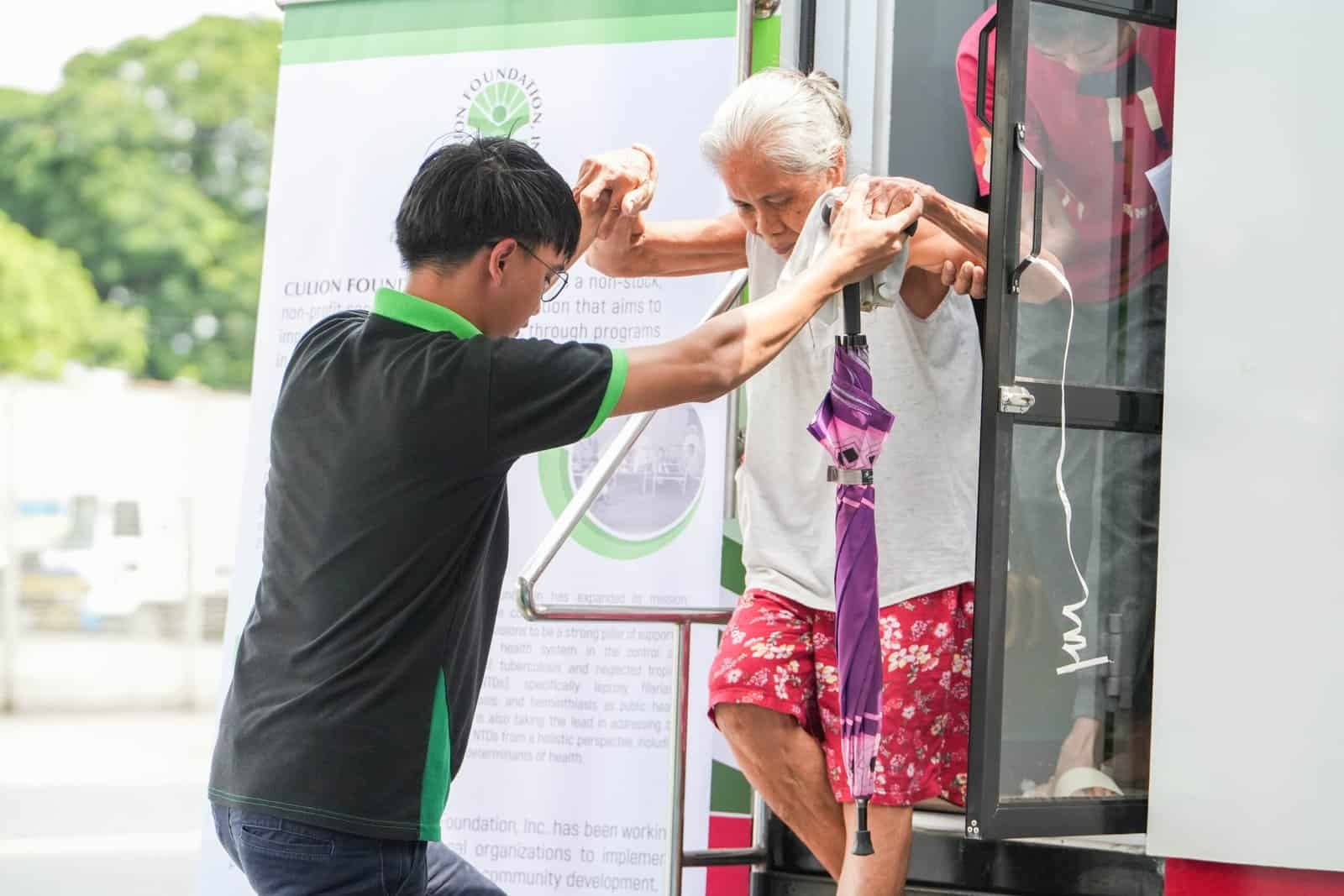
Respect
Honoring the dignity and diversity of every individual we encounter, valuing different perspectives and treating all with compassion.
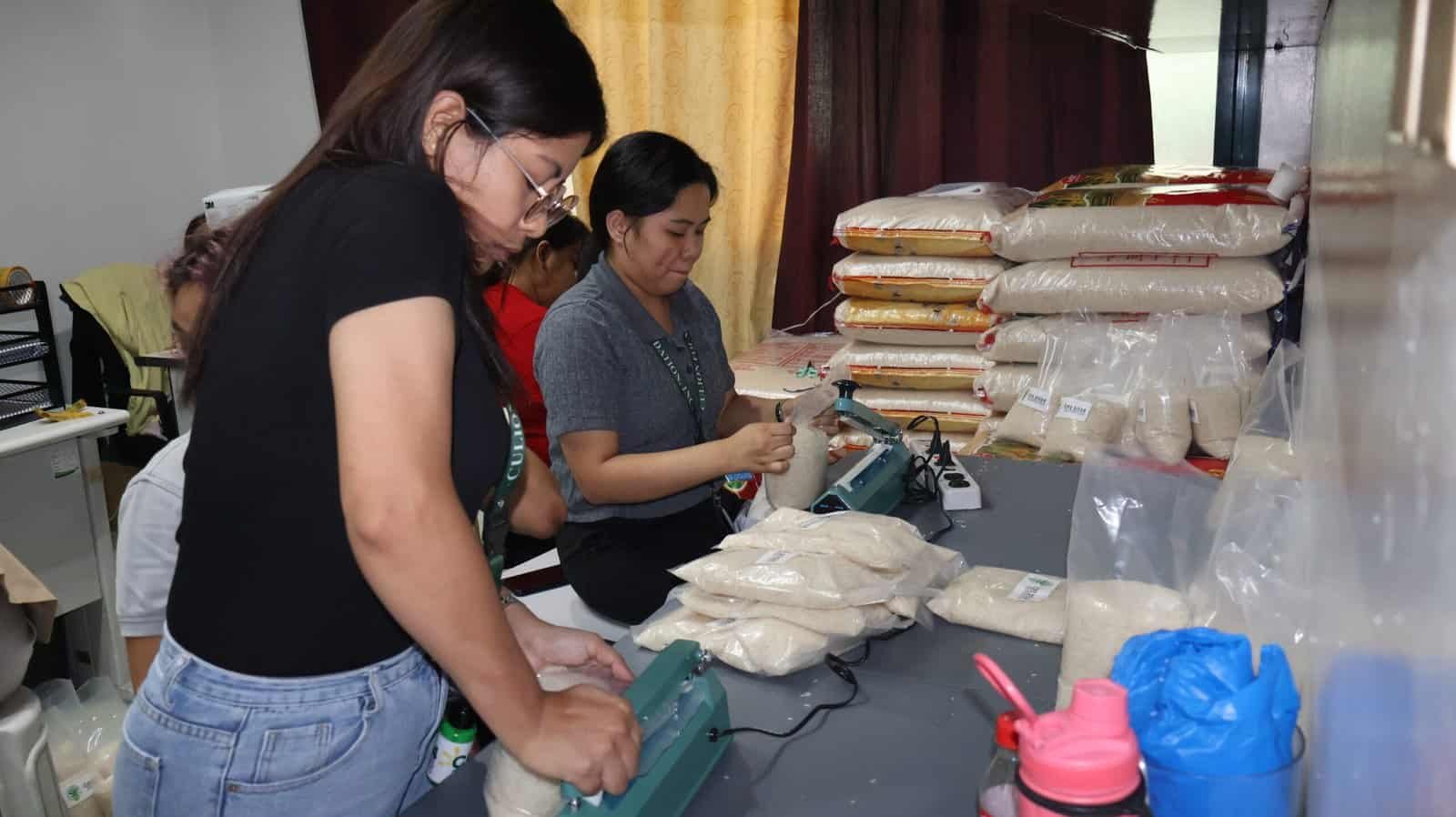
Resourcefulness
Finding innovative solutions to maximize our positive impact, making the most of every opportunity and resource available.
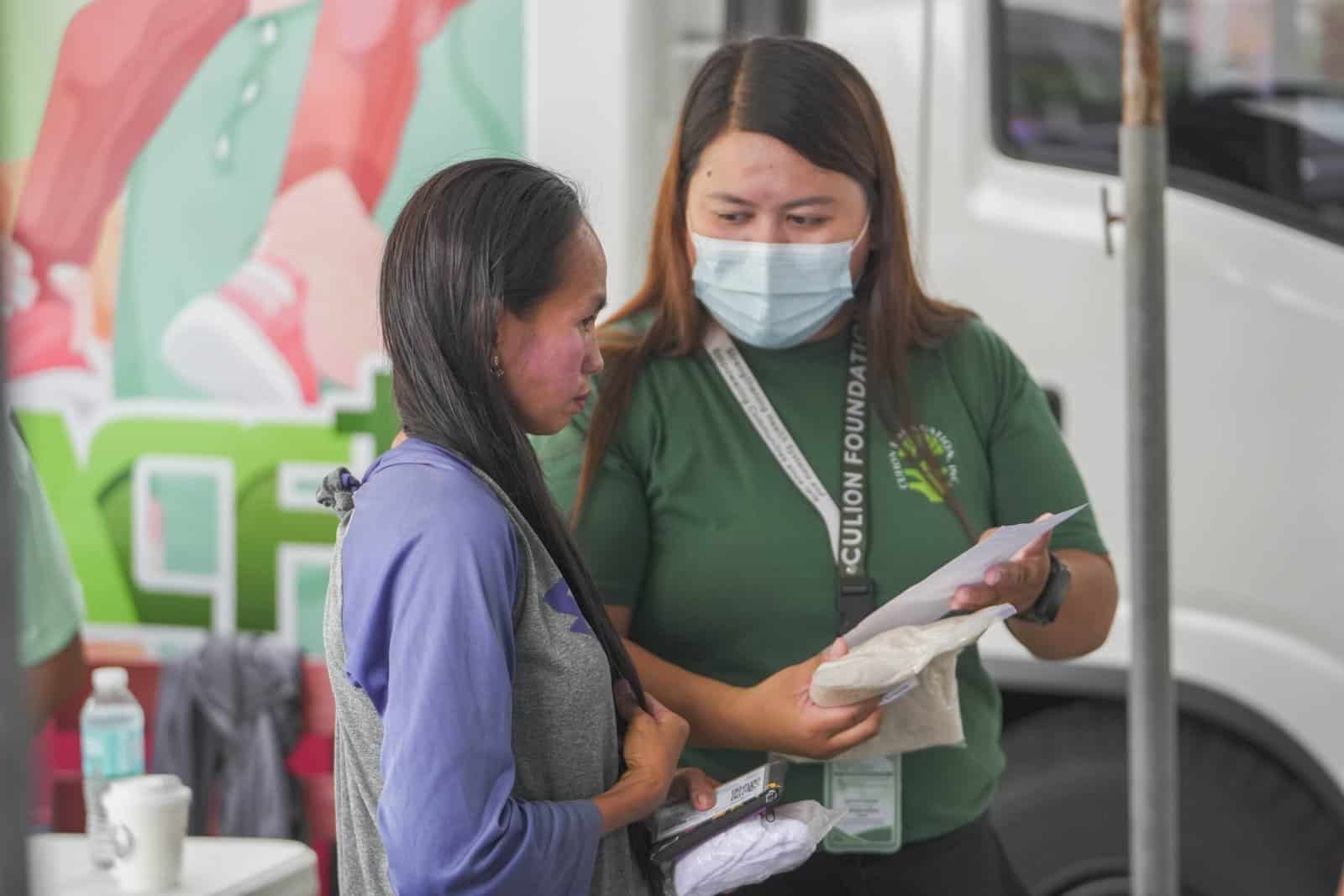
Integrity
Upholding the highest ethical standards in all our decisions and actions, maintaining consistency between our values and conduct.
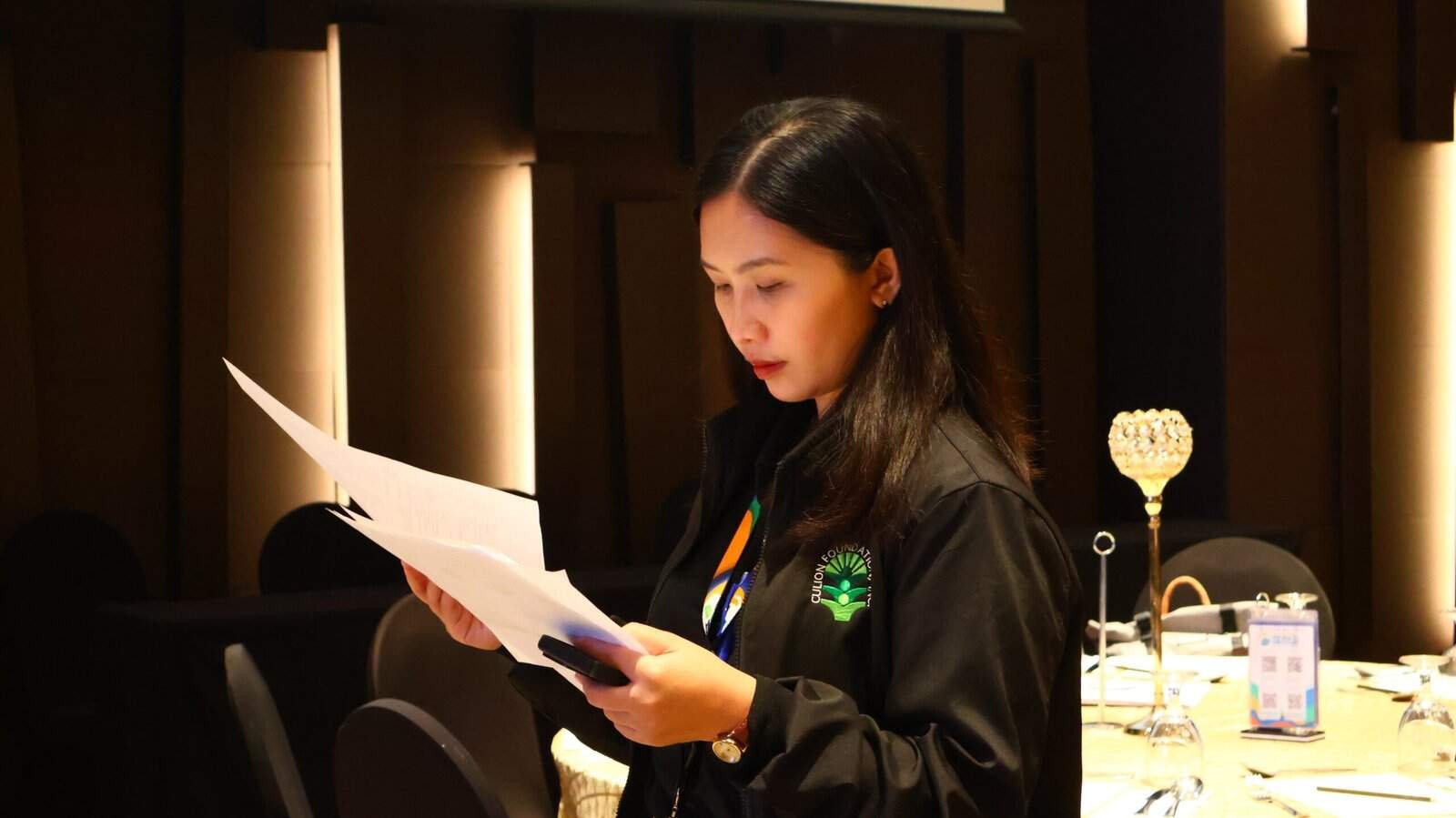
Effective & Efficient
Delivering meaningful results while stewarding resources wisely, ensuring maximum impact through strategic and thoughtful action.
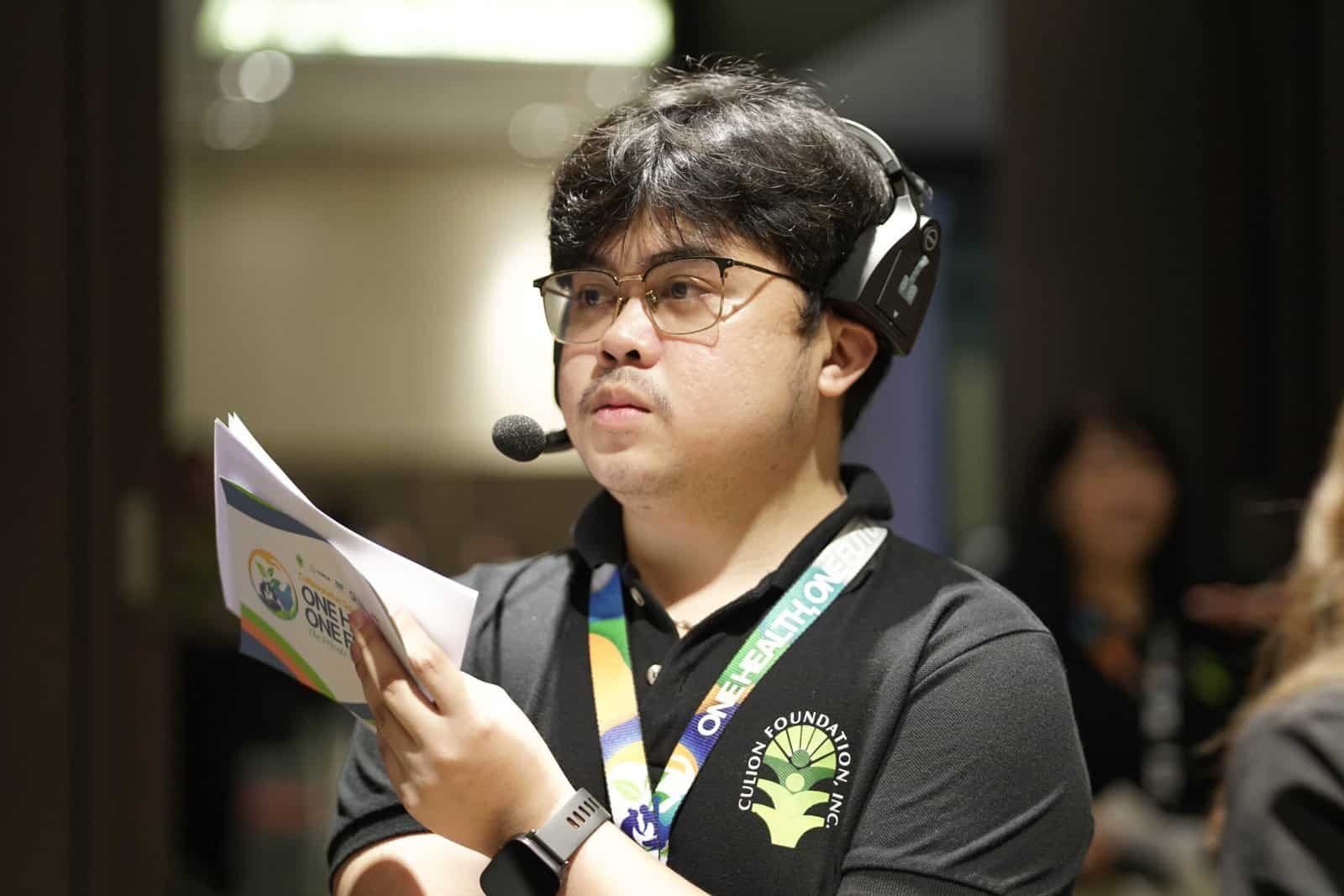
Adaptability
Responding flexibly to evolving needs and changing circumstances, remaining agile while staying true to our core mission.
Our History
A Legacy of Compassion
The Culion Foundation, Inc. has its roots in the compassionate vision of three remarkable individuals who recognized the urgent need for comprehensive healthcare and community development in Culion, Palawan.
In the early days, our founders witnessed firsthand the challenges faced by the people of Culion—limited access to quality healthcare, economic hardships, and the stigma associated with the island's reputation as a colony of persons affected by leprosy.
What began as a modest initiative has grown into a holistic foundation that addresses multiple facets of community development, continuously evolving to meet the changing needs of the community.


Our Founders

Fr. Javier Olazabal
At 60, Javier Olazabal y Mendoza moved to Culion to fulfill his dream of serving leprosy patients, not to retire. Born on January 7, 1909, in St. Jean de Luz, he was a Spanish citizen. Ordained a Jesuit in 1946, he never abandoned his dream of serving in Culion, even while holding prominent roles in Spain.
In 1971, Father Olazabal was assigned to Culion, where he served for 18 years, affectionately known as Father Ola. Despite his ascetic appearance, he was a determined and compassionate figure. He found 700 leprosy patients living in hopeless conditions and worked tirelessly to improve their lives.
As the island's chaplain, he provided regular church services, recruited Eucharist ministers, and solicited funds for infrastructure projects. He was a comforter and friend to the patients, organizing activities and offering personal support. Known for his kindness to children, he often gave them candy and cookies.
Father Ola lived simply, closely mirroring the lepers' lifestyle. He wrote thousands of letters seeking aid and advocated for multidrug therapy (MDT) in the 1980s. He saw the first patients cured in 1987 but died on September 10, 1988. He was honored with both Philippine and Spanish flags at his burial and is interred in Culion's Church of the Immaculate Conception. A monument stands in his memory. He once said, "My God, I want to go to the very end with these suffering people, whatever may happen to me."

Don Jose Ma. Soriano Sr.
Don José María Soriano was a Spanish-American industrialist with business interests in the Philippines and a discreet philanthropist. In 1970, he became Minister Plenipotentiary of the Philippines to the Sovereign Military Order of Malta. Co-owner of San Miguel Corporation, he formed a group known as the "Three Musketeers" with Ramon Pedrosa, Antonio Infante, and Pedro Picornell.
A devout Catholic, Soriano was introduced to Culion by Father Olazabal at a Spanish community event. He and his "Three Musketeers" tackled the island's challenges, leading to the formation of the Culion Foundation in 1976 with the Isabel Cultural Corporation and the Philippine Jesuits. This nonprofit aimed to improve public health and empower marginalized communities.

Don Jose Luis Gamarra
The protegee & student of Father Olazabal and the then President of Fundacion ANESVAD who funded hospitals for leprosy patients, granted educational support, and provided infrastructure assistance projects in Culion.
Through his leadership, Fundacion ANESVAD supported CFI in providing medical and research services, as well as socio-economic assistance to patients affected by leprosy and their families.
Board of Trustees
The Team

Eugenio M. Caccam, Jr.
Executive Director

Joselito A. Lavarias
Finance Manager

Emerald S. Amurao
HR, Admin, and Strategy Manager

Ralph B. Cepeda
Technical Support Manager

Maria Julieta Recidoro
Senior Program Manager

Onikka Bernice Jara
Senior Program Manager

Ida Mendenilla
Program Manager

Dolina N. Tabla
Palawan Area Coordinator
